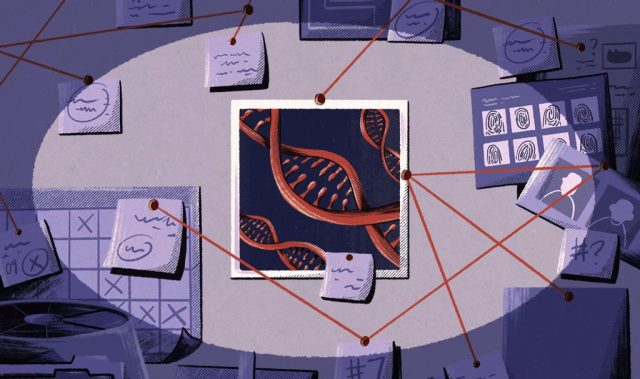
AsianScientist (May 22, 2012) – Researchers from Sichuan Agricultural University and BGI have published a new atlas of DNA modifications that are highly associated with obesity development.
In a paper published online today in Nature Communications, the team identified specific methylation marks on DNA in porcine fat and muscle tissues that may be used to predict obesity.
Obesity is an important risk factor for a number of chronic diseases such as diabetes, cardiovascular diseases, and cancer. It is predicted that by 2030, about 58 percent of the world’s adult population might be either overweight or obese, revealing the severity of the epidemic.
Although researchers worldwide have been searching for obesity genes, some of this epigenomic information may instead reside in DNA modification patterns, such as those caused by methylation.
Using a porcine animal model, a well-studied model for cardiovascular disease and restenosis, the researchers investigated the systematic association between DNA methylation and obesity.
By sampling eight adipose tissues and two skeletal muscle tissues from three different pig breeds, the researchers developed 180 methylated DNA immunoprecipitation libraries that they sequenced using the MeDIP-Seq method.
Based on the epigenomic data, researchers constructed a genome-wide DNA methylation map (the methylome) as well as a gene expression map for both tissue types. Through further analysis, they found specific methylated regions in promoters that were highly associated with obesity development.
In one example, they discovered that the methylation pattern of intermuscular adipose (IAD) is more similar with that of the visceral adipose tissues (VAT), providing the first epigenomic evidence for IAD as a candidate risk factor for obesity.
“Although our DNA sequences contains all the information to make who we are, many of the details of our behavior and appearance are actually determined by gene regulation,” said Professor Mingzhou Li from Sichuan Agricultural University,
“In order to advance obesity research, it is necessary to understand the epigenetic factors, especially DNA methylation, which play an important role in obesity development,” he added.
——
Source: BGI.
Disclaimer: This article does not necessarily reflect the views of AsianScientist or its staff.











